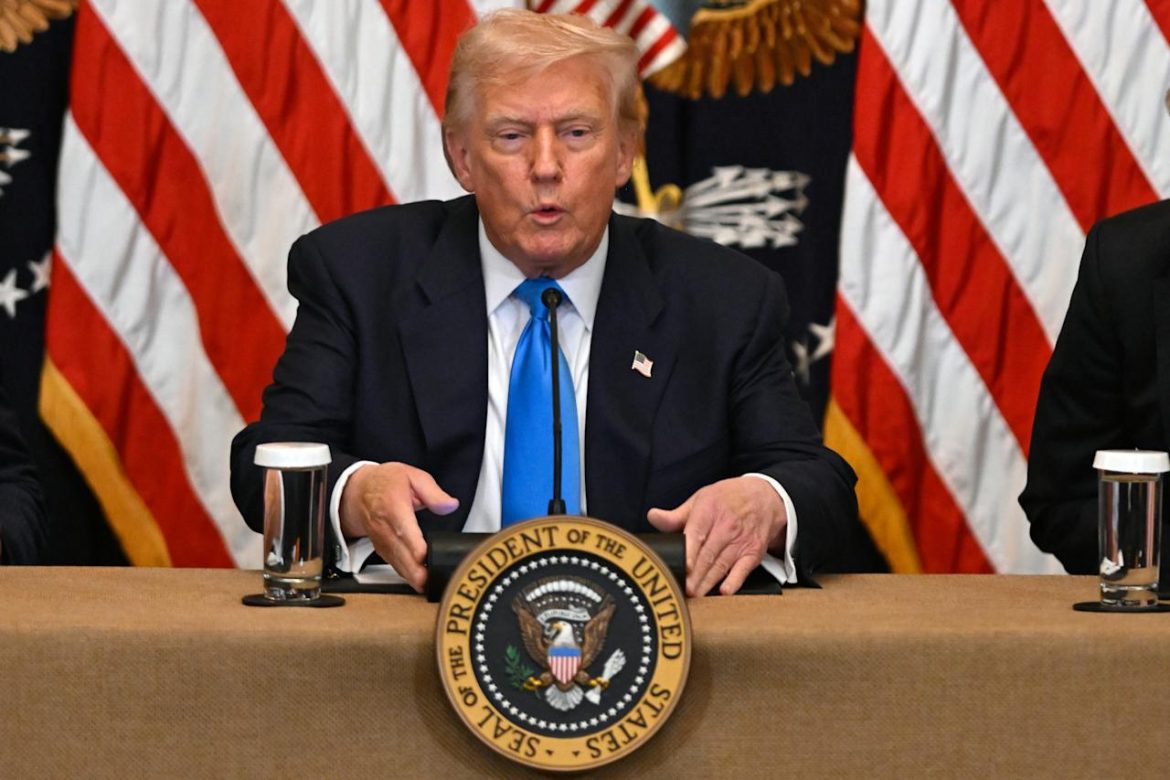WASHINGTON, D.C. — President Donald Trump announced Tuesday that his administration may impose tariffs of up to 250% on imported pharmaceuticals as part of a broader strategy to boost domestic manufacturing.
Trump said the tariffs would begin at a lower rate and gradually increase, potentially reaching 150% within one to one-and-a-half years.
He did not specify when the full 250% rate could take effect. According to the president, the measure is intended to reduce U.S. reliance on foreign drug manufacturers and promote production within the country.
In addition to pharmaceuticals, Trump stated that new tariffs targeting foreign-made semiconductors are also in development. No specific timeline was given for when the semiconductor duties would be implemented.
“These are small numbers to start, but they go to 100%, 125%, 150% over a short period,” Trump said in the interview. He emphasized that bringing pharmaceutical manufacturing back to the U.S. is a key priority for his administration.
The proposed tariffs are part of an ongoing shift in U.S. trade policy that aims to strengthen domestic industries and reduce imports from global suppliers.
Trump’s approach reflects a continued focus on economic nationalism and reshoring critical supply chains.

